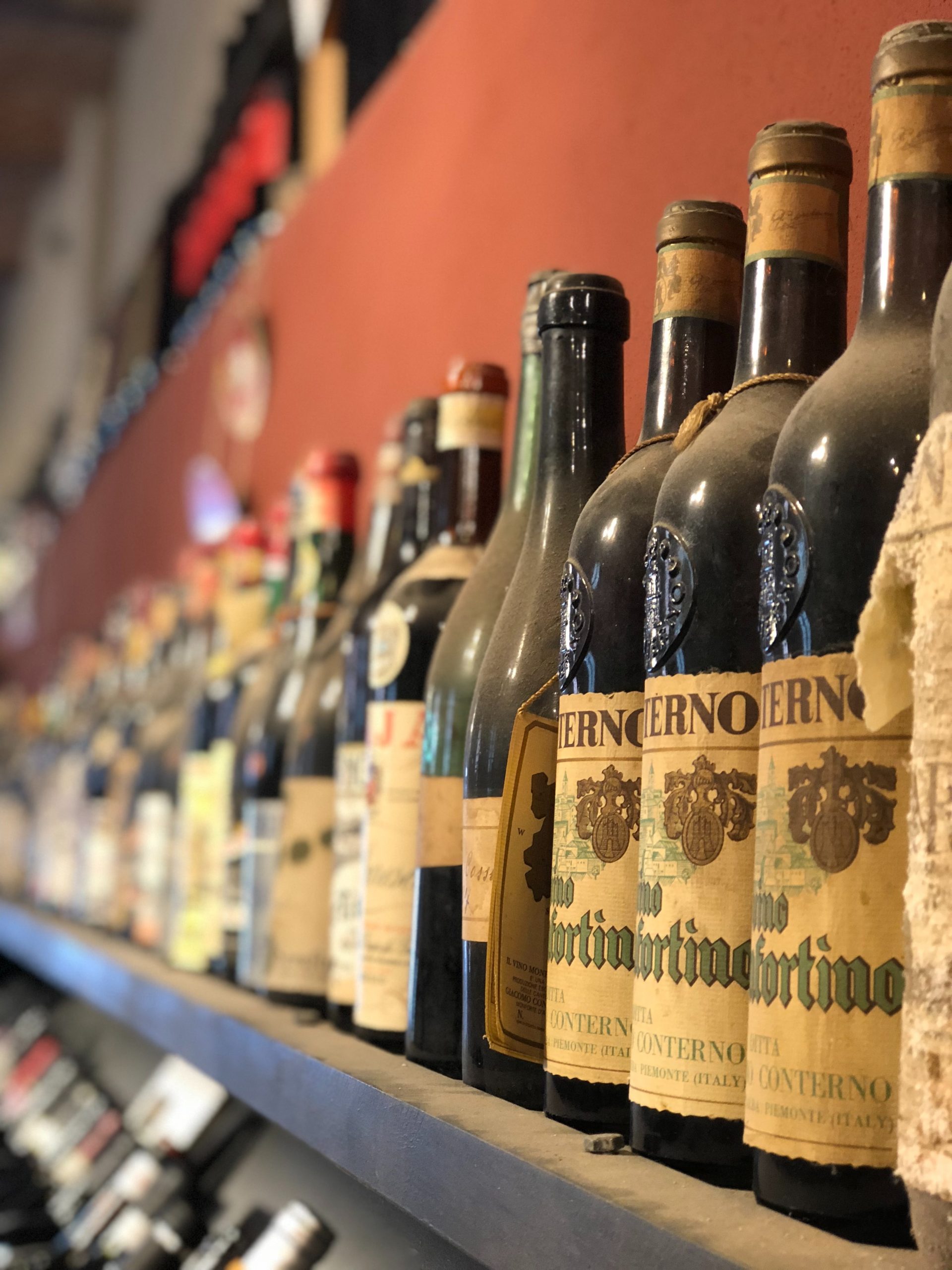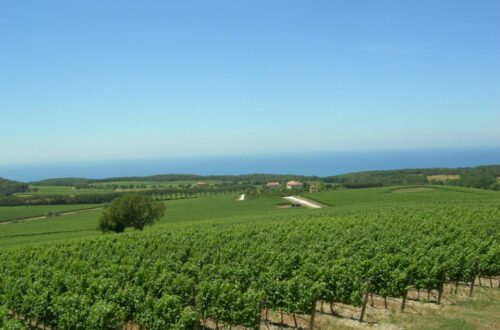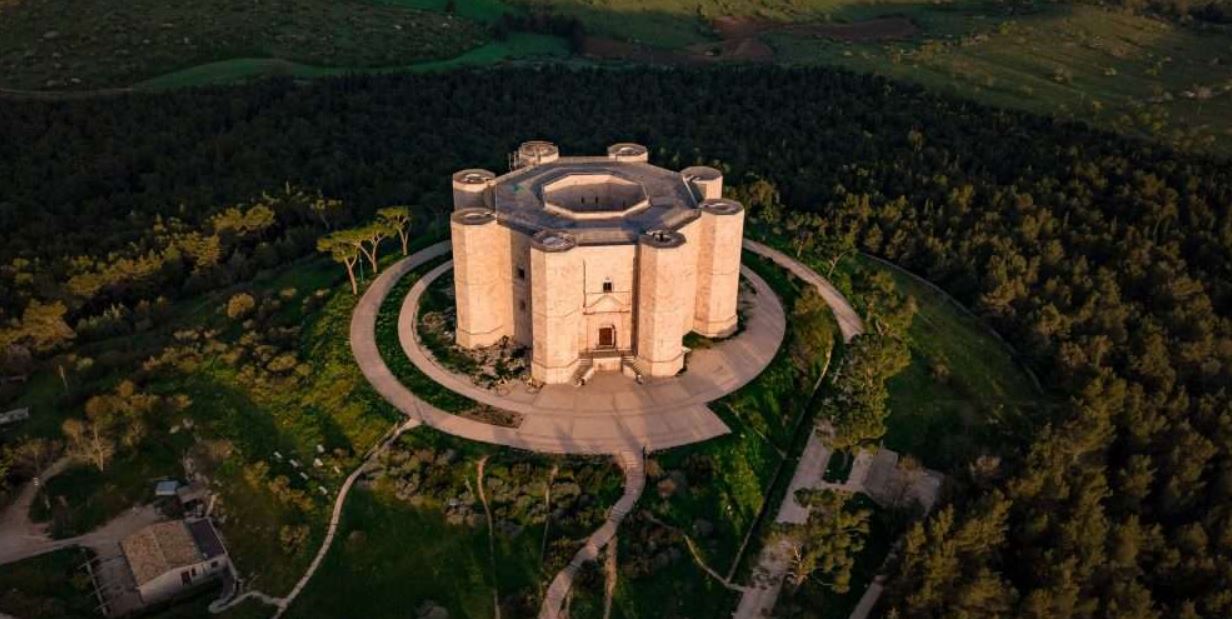Boutique wines from northern Piedmont’s shimmering hills
Explore Collina Novaresi DOC, a rare Alto Piemonte wine region. Discover Nebbiolo, Vespolina, Erbaluce, terroir, tasting notes, producers, and where to buy.
Table of Contents
What is Collina Novaresi DOC?
Collina Novaresi DOC is a boutique appellation in Alto Piemonte, where rare Nebbiolo, Vespolina, and Erbaluce whites reflect glacial soils, ancient traditions, and robust artisan spirit. Underrecognized beyond Italy, these wines deliver clarity, elegance, and authenticity—crafted by producers preserving heritage with modern finesse.
History and Origins
Vineyards here trace back to Roman wine routes and medieval monasteries. Revived in the 1990s alongside Alto Piemonte’s rebirth, Collina Novaresi achieved DOC status in 1994, driven by producers committed to reviving forgotten varietals like Vespolina and Uva Rara.
Where It’s Made: Geography & Terroir
- Location: Hills north of Novara in northwest Piedmont
- Elevation: 180–550 m
- Soils: Glacial moraine with calcareous and alluvial deposits
- Climate: Continental with pronounced day/night shifts—ideal for nuanced fruit and bright acidity
These terrain features yield Nebbiolo and other varietals with lifted aromatics and refreshing structure.
The Grape (Or Blend)
Typical rosso blends include Nebbiolo (Spanna) with Vespolina, Uva Rara, Croatina, and Barbera.
Varietal wines of Vespolina and Uva Rara highlight local depth, while Erbaluce adds a vivid, floral white expression to the DOC’s portfolio.
Winemaking & DOC Regulations
- Nebbiolo-based Rosso: Min. 50% Nebbiolo, often higher
- Varietal Vespolina & Erbaluce: Minimum 85% fruit
- Alcohol: 11% minimum, rising to 12% for select versions
- Flexible aging allows stylistic creativity among terroir-focused producers
Key Facts at a Glance
| Feature | Details |
| DOC Established | 1994 |
| Elevation | 180–550 m |
| Key Grapes | Nebbiolo, Vespolina, Erbaluce |
| Production Style | Small-batch, artisanal |
| Vineyard Soil | Glacial moraine with calcareous base |
| Climate | Continental with alpine influence |
Tasting Notes
- Nebbiolo-based Reds: Cherry, leather, alpine herb, balanced tannins, and wet-stone minerality
- Vespolina: Floral, spicy, elegant, with silken texture
- Erbaluce: Bright citrus, almond blossom, high-toned yet substantial on the palate
Serving & Pairing
Serve red wines at 16–18°C and Erbaluce at 8–10°C.
- Enjoy with risottos, roasted game, polenta, or Alpine salumi.
- Erbaluce is gorgeous with seafood, vegetable hors d’oeuvres, or soft cheeses.
Producer Directory
- Boniperti Winery – Producers of elegant Alto Piemonte Nebbiolo blends
- Cantina dei Santi – Family-run cooperative focused on Vespolina and Erbaluce
- Antichi Vigneti di Cantalupo – Reviving hillside parcels with minimal intervention
Collina Novaresi vs. Ghemme vs. Boca
| DOC | Highlights |
| Collina Novaresi | Rare Nebbiolo & Vespolina; glacial soils |
| Ghemme DOCG | Structured Nebbiolo; longer aging ancestry |
| Boca DOC | Perfumed Nebbiolo blends with white grapes |
Wine Tourism Tips
Visit Piedmont wine trails for:
- Tasting events & vineyard walks each summer
- Cellar tours at Boniperti and Cantina dei Santi
- Hiking Alto Piemonte’s scenic corridors—wine with exploration
FAQ on Collina Novaresi DOC
What makes Alto Piemonte Nebbiolo different from Barolo?
Hillier terrain and varied soils yield lighter, more perfumed Nebbiolo with finesse and floral notes.
Is Vespolina spicy or floral?
Both—it blends violet florals with subtle spice and berry depth.
Where can I taste Collina Novaresi wines?
Direct from wineries around Novara, select Piedmont enotecas, and specialty outlets.
How does Erbaluce stack up against Arneis?
Erbaluce is brighter, more floral, and often with a saline edge—an unexpected white gem.
Fun Facts & Cultural Notes
- Roman settlers first prized these hills for wine due to their elevated sun exposure.
- Vespolina was nearly extinct; now, it’s the heart of Collina Novaresi’s niche identity.
Call to Action
💬 Have you discovered Collina Novaresi’s rarities? Share your tasting stories or food pairings—it might just lead someone to Italy’s best-kept wine secret.


